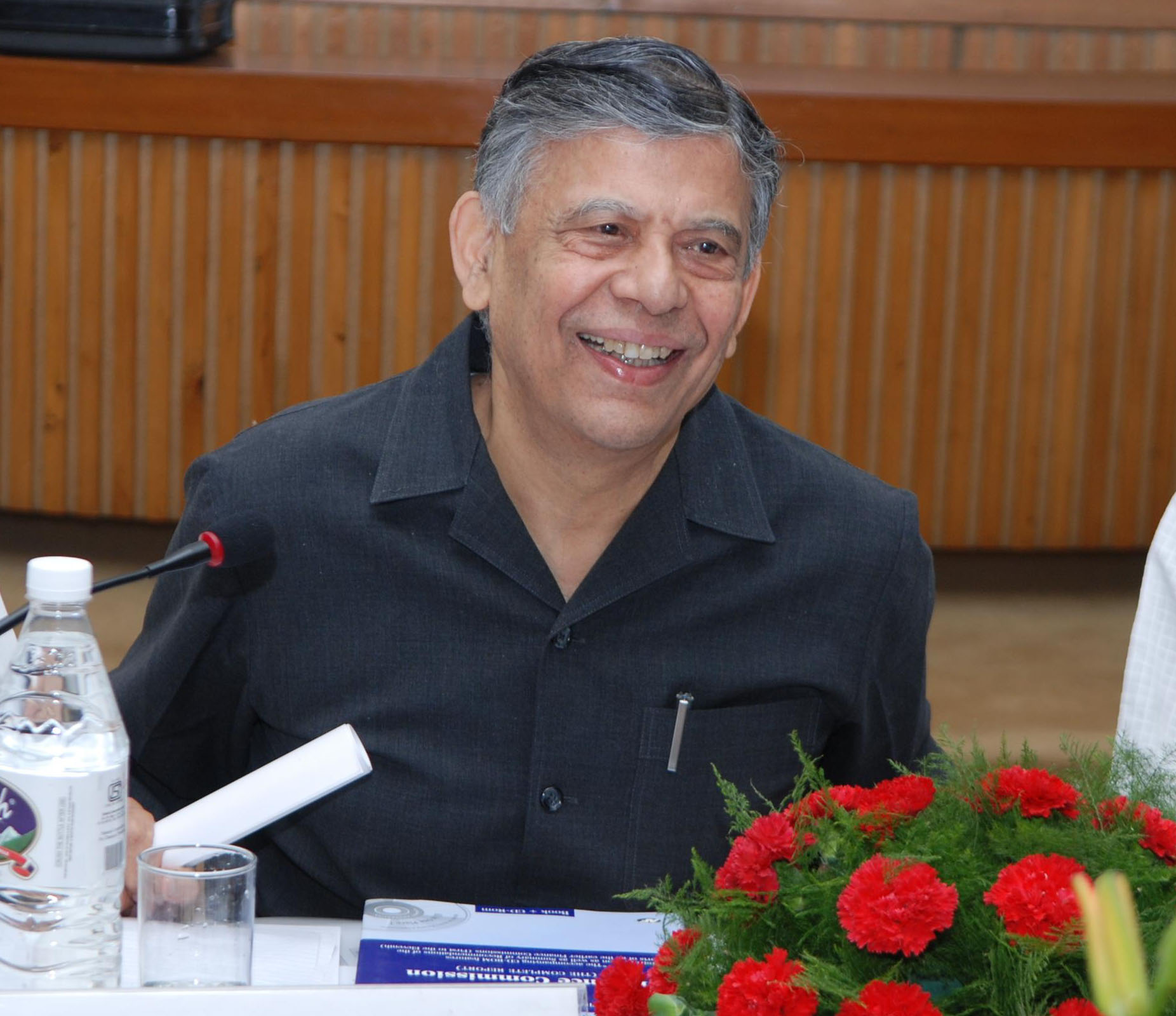
Report of the Task Force on the Implementation of the Fiscal Responsibility and Budget Management Act (2004), chaired by Vijay L. Kelkar
Download as PDF
In February 2004, Jaswant Singh, the minister of finance, formed a task force chaired by Vijay L. Kelkar, Adviser, Ministry of Finance, to provide recommendations for implementing the Fiscal Responsibility and Budget Management Act of 2003. The committee members included D. C. Gupta (Finance Secretary); Vineeta Rai (Revenue Secretary); N. S. Sisodia (Secretary, Financial Sector); D. Swarup (Secretary, Budget & Expenditure); and Ashok K. Lahiri (Chief Economic Advisor). The act aimed to improve India’s fiscal discipline by eliminating the revenue deficit and reducing the fiscal deficit. Initially, the deadline to eliminate the revenue deficit was FY 2007/08, but an amendment extended it to 2008/09. The task force was charged with drafting a roadmap for fiscal consolidation. It highlighted India’s growing fiscal challenges, including a revenue deficit that had increased from 3.3 percent of GDP in 1990/91 to 4.4 percent in 2002/03, and government debt that consumed over 50 percent of revenue receipts in interest payments in 2000/01. The task force emphasized the urgency of addressing these issues to prevent further fiscal stress and leave room for essential public goods expenditure.
The task force proposed tax reforms aimed at widening the tax base and simplifying the tax structure. It recommended introducing a goods and services tax with three rates—6, 12, and 20 percent—which would replace the fragmented system of indirect taxes. This reform was projected to increase tax revenues by 2 percent of GDP by 2008/09, with 0.6 percentage points allocated to states. For personal income tax, the task force suggested a simplified two-rate structure and eliminating most exemptions while preserving some concerning housing loans or targeting senior citizens and women. The proposed rates were 20 percent for income between Rs. 100,001 and Rs. 400,000, and 30 percent for income above Rs. 400,000. Corporate taxes would be reduced from 35.875 to 30 percent, while customs duties would follow a three-rate structure of 5 , 8, and 10 percent.
The task force also emphasized the need for expenditure reforms and advocated focusing more on public goods such as defense, law and order, education, and healthcare. It projected that fiscal reforms could reduce the debt-to-GDP ratio by 3.48 percentage points and lower interest payments as a share of revenue receipts by 9.79 percentage points by 2008–09. The reforms would increase public capital expenditure by 0.6 percent of GDP, boost GDP growth by Rs. 1,42,000 crore, and generate Rs. 85,200 crore in wage income. These reforms were expected to improve state finances, with states receiving 4.4 percent of GDP in tax transfers by 2008/09, up from 3.3 percent. Overall, the task force stressed the importance of frontloading fiscal consolidation to create fiscal space for future crises and promote sustainable growth through increased investment and public goods provision.
The task force’s recommendation to eliminate the revenue deficit and reduce the fiscal deficit by 2008 was postponed to 2018 because of the 2008 financial crisis. The proposal for the goods and services tax was implemented in 2017, over a decade later. The recommendation to reduce corporate taxes was partially adopted, with tax rates reduced to 22 percent by 2019. Although steps toward fiscal consolidation and tax simplification were taken, amendments and suspensions of the Fiscal Responsibility and Budget Management Act slowed progress. Subsequent committees, like the 2017 N. K. Singh Committee, proposed further legislative revisions, focusing on debt targets.
The report underscores the pressing need for fiscal consolidation in the face of growing deficits and rising debt. To address these challenges, the task force proposed tax reforms to simplify structures and increase revenue, along with expenditure reforms to prioritize public goods. While several recommendations were eventually implemented, such as the goods and services tax and corporate tax reductions, progress on fiscal consolidation was delayed due to economic crises and subsequent legislative amendments.

